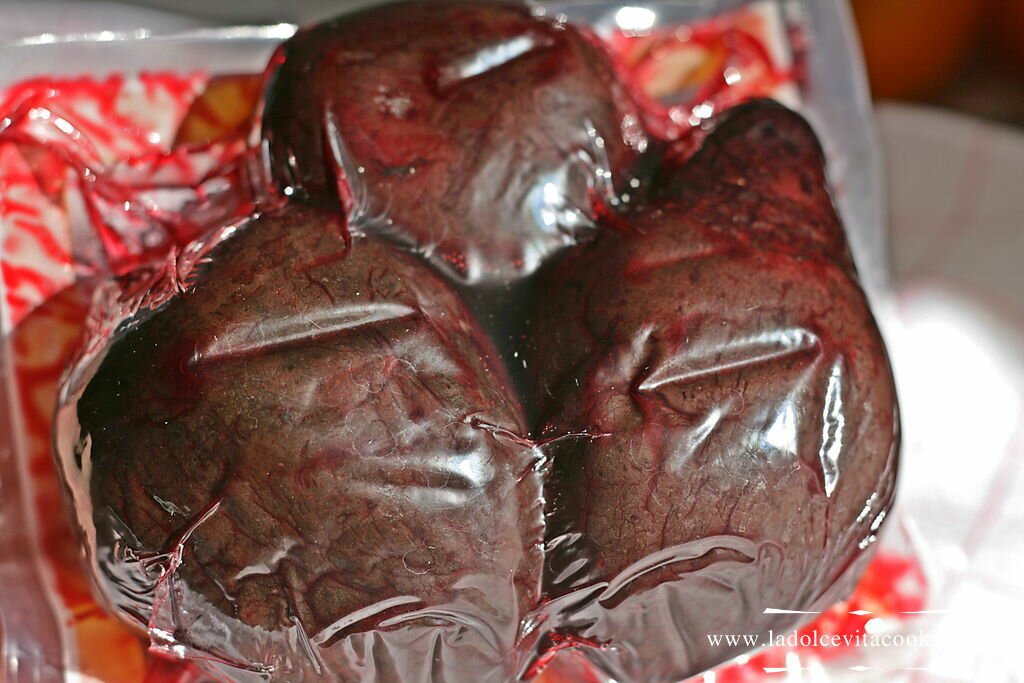In February we usually start the countdown and often we say: "Spring we are waiting for you!". We are impatient, waiting for our garish sun, always looking for sweetness. Fortunately, we can find sweetness not only in cakes but also in vegetables: the beet is one of those.
Beet is a root vegetable that is used cooked, very common in gardens but also in the open field to supply the market and the industry. It is cultivated in all regions of Italy, but especially in the Northern area. In addition to the fresh market, the garden beet is destined to the industry for canning and packaging in plastic containers under vacuum.
Since 420 BC Greeks known and wrote about beet. They described the beet as a versatile garden plant and they also reported the presence of light and dark colour beet varieties. Italy, together with Europe cultivated the beet later, in the fifteenth century. Beet was cultivated especially in monasteries where they used only beet leaves, while the use and consumption of beet roots started later. As very often happens, the discovery that sugar can be obtained from beet roots, did not produce immediate positive results. In fact since the seventeenth century when a French agronomist found that the juice of beet resembled extraordinarily sugar syrup, or from 1747 when a Prussian chemist showed that the crystals obtained from beet juice were virtually identical to those obtained from the processing of sugar cane, we have to wait for 1801 to see the first sugar beet factory opened by another Prussian scientist.
Beet is not only sweet. Beet has several good properties. It:
If beet stains your hands, you can clean them by rubbing them with a slice of lemon.

Wash the beetroots, cut their long stem and their leaves.
Put the tubers in a pan with water and let them boil with their skin in lightly salted boiling water for about 20 minutes, until they become tender.
Let the beetroots cool completely, then peel and cut them in slices.
Season them with salt, pepper, extra virgin olive oil and red wine vinegar, let them marinate in the sauce for an hour and then serve.
Nowadays in Italy (and in your country as well) we find the beet already cooked in vacuum packs. In this way the recipe became simplier:
http://it.wikipedia.org/wiki/Beta_vulgaris
http://www.agraria.org/coltivazionierbacee/bietoladaorto.htm
In the past beans were the meat of the poors: beans have always had many nutritional and energetic qualities.
Have you ever turned into jujube liquor?
Let’s profit from this season’s veggies.